
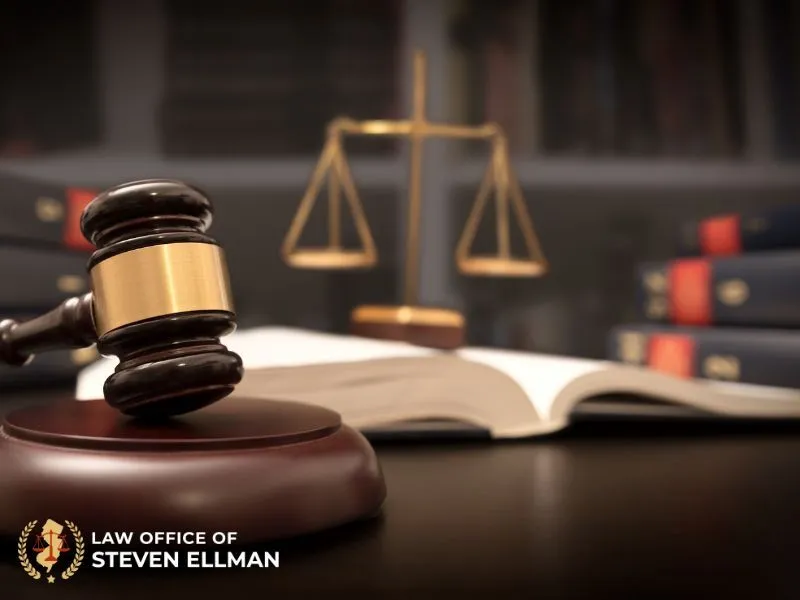
Driving under the influence (DUI) or driving while intoxicated (DWI) are serious offenses in New Jersey. If convicted, you could lose your license, pay a steep fine, serve jail time, or all three, depending on the severity of your DUI case and any prior DUIs. Knowing what to expect during the DUI court process can help you better prepare for the next steps of your DUI case. Having an experienced DUI lawyer is also critical to mount a strong defense to these charges.
At The Law Office of Steven Ellman, we focus on protecting your rights and seeking the best possible outcome for your
circumstances. Contact our law firm for a free consultation if you are facing DUI charges.
In New Jersey, the legal intoxication limit is a blood alcohol concentration (BAC) of 0.08 percent or more. If you operate a motor vehicle above the legal limit, you are at risk of being pulled over on suspicion of drunk driving.
Police officers look for signs of drunk driving. They watch for erratic driving, such as:
Even something as simple as not using a turn signal can get their attention. Anything that rises to the level of reasonable suspicion that you have committed a traffic offense can provide the basis for a traffic stop. Once a police officer pulls a driver over, they’ll look for signs of intoxication, such as slurred speech, the smell of alcohol, or bloodshot eyes.
If the officer thinks you might be under the influence, they could ask you to leave the car to take standardized field sobriety tests. Tests like the one-leg stand or toe-to-heel test check your balance, attention, and other abilities to determine if there are signs of impairment.
Depending on the results of the field sobriety tests, the police officer could ask you to take a breathalyzer to measure the alcohol in your breath. You can refuse a breathalyzer test, but under New Jersey’s implied consent law, you face severe penalties for doing so. Under this law, you agree to submit to the taking of a breath sample for the purpose of making a chemical test to determine your blood alcohol concentration when the taking is made according to the law and the police officer has reasonable suspicion to believe you are operating a vehicle with a BAC above the legal limit. However, the law also provides that you can also have your breath, blood, or urine sample taken by a provider of your choice.
If the tests show that you are intoxicated or if you refuse to take the test, the officer can arrest you. The arresting officer will read your rights to you, take you to the police station to book you for DUI, and perform a blood alcohol test. The officer will write a police report about why they stopped you, what they observed, and the test results. That report will go to the district attorney.
You have rights under the Constitution, including the right to remain silent and the right to an attorney. Tell the officer you will only answer questions with an attorney present and hire a DWI lawyer so that you have legal counsel throughout all proceedings.
The pretrial proceedings could determine whether your DUI arrest leads to a trial. In New Jersey, DUI cases are generally handled by municipal courts. The first part of this stage is an arraignment, which is your first court date. A municipal court judge officially informs you of the charges against you and asks for your plea.
During pretrial proceedings, your lawyer may file pretrial motions. For example, they may file a motion to suppress certain evidence. At the suppression hearing, your lawyer would argue the stop was illegal or that evidence was obtained illegally in the hopes that the evidence could not be introduced at trial and your charges could be dismissed or reduced. New Jersey courts try to convince parties to resolve the matter without the need for a trial, so you may have a pretrial status conference to update the court on the status of your DUI case and whether there will be a plea bargain or other alternative to trial.
An experienced attorney is crucial to your DUI court process, especially in the pretrial stage. New Jersey DUI lawyer can:
Not all DUI arrests proceed to trial, but having a qualified lawyer by your side is essential when they do. Here is what to expect from the DWI trial process in New Jersey.
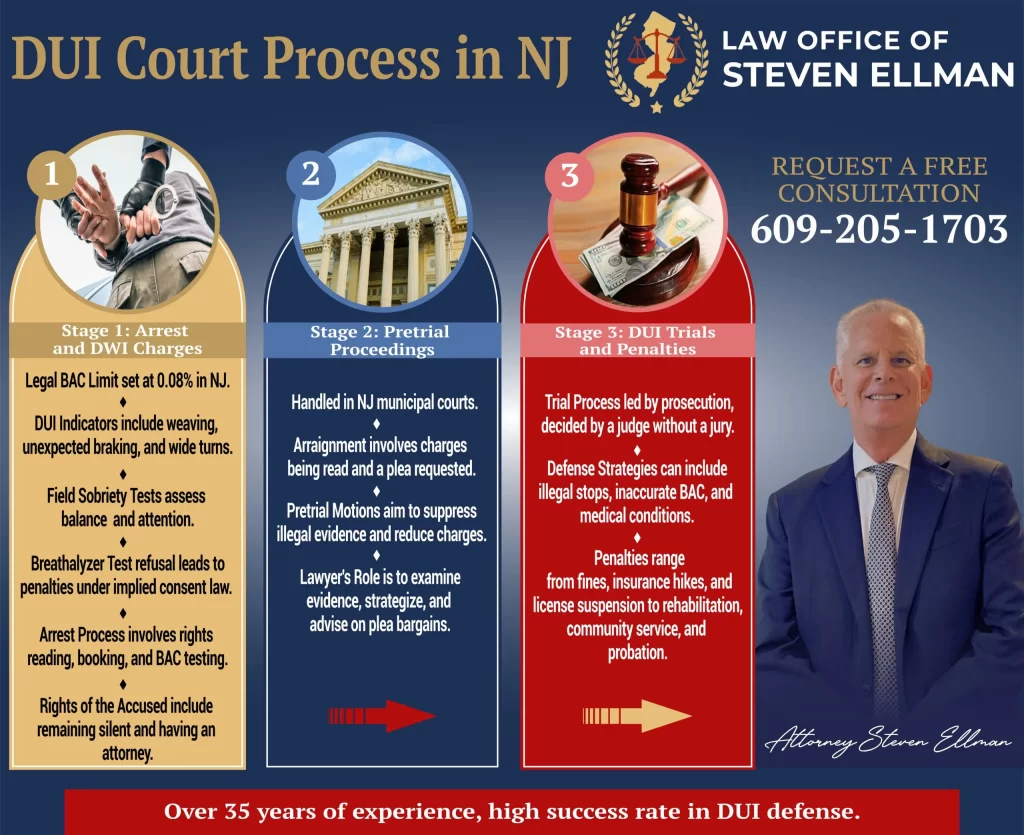
Since the burden of proof is on the state, the prosecution presents its case and evidence first. The prosecution must prove beyond a reasonable doubt that you committed all elements of the DUI offense. Your defense lawyer can question the prosecution’s witnesses before presenting your case and evidence. Each side will have the opportunity to examine or cross-examine witnesses.
It is important to know that there is no right to a jury trial for DWI charges in New Jersey, so a judge will hear and decide your case.
Defending against a DUI charge can involve a variety of strategies based on the specifics of the case. Your defense strategy may encompass one or more of the following:
DUI penalties can vary, depending on whether this is your first offense, your BAC level (above .10 percent means stiffer consequences), and if there were bodily injuries or loss of life. Some of these penalties include:
Our firm’s founder, Attorney Steven Ellman, is an award-winning DUI defense lawyer with over 39 years of experience in New Jersey criminal law. His success rate for DUI, DWI, and traffic offenses exceeds 80 percent. Mr. Ellman is a member in good standing of the following legal organizations:
New Jersey takes DUI arrests seriously, and so should you. Failing to take proper steps to defend yourself can lead to tremendous loss. It is in your best interest to contact an experienced DUI lawyer immediately after arrest.
The Law Office of Steven Ellman should be your first call if you face a DUI arrest. Our law firm has the resources, knowledge, and results to capably handle even the most complex of DUI cases in Northern, Central, and Southern New Jersey. Contact the Law Office of Steven Ellman for a free initial consultation with an experienced DWI attorney today.

Steven Ellman is laser-focused on helping his clients resolve their legal issues promptly, receive fair compensation where applicable, and move forward with their lives. He is known for treating all his clients with the utmost respect, listening to their concerns, giving them options, and helping them make informed decisions about how to best proceed with their cases.



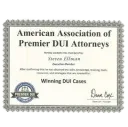
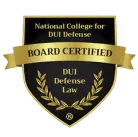











| Monday | Open 24 hours |
| Tuesday | Open 24 hours |
| Wednesday | Open 24 hours |
| Thursday | Open 24 hours |
| Friday | Open 24 hours |
| Saturday | Open 24 hours |
| Sunday | Open 24 hours |

| Monday | Open 24 hours |
| Tuesday | Open 24 hours |
| Wednesday | Open 24 hours |
| Thursday | Open 24 hours |
| Friday | Open 24 hours |
| Saturday | Open 24 hours |
| Sunday | Open 24 hours |

| Monday | Open 24 hours |
| Tuesday | Open 24 hours |
| Wednesday | Open 24 hours |
| Thursday | Open 24 hours |
| Friday | Open 24 hours |
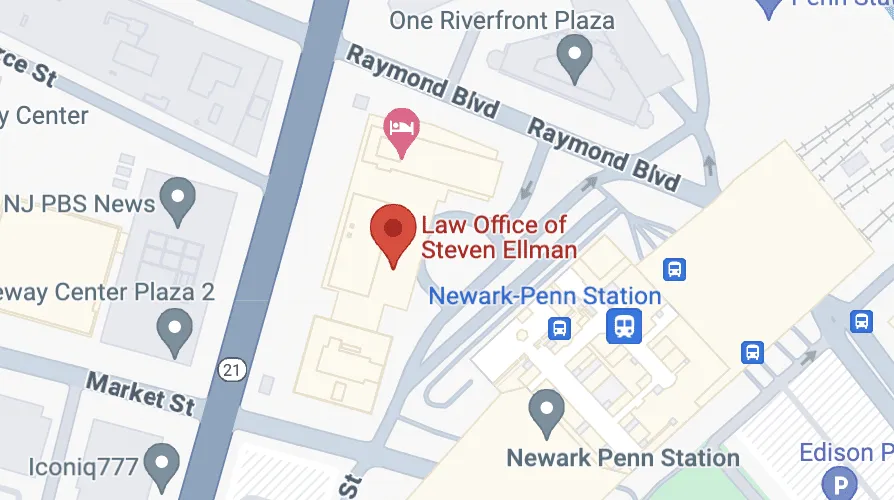
© 2024 All Rights Reserved. The Law Office of Steven Ellman